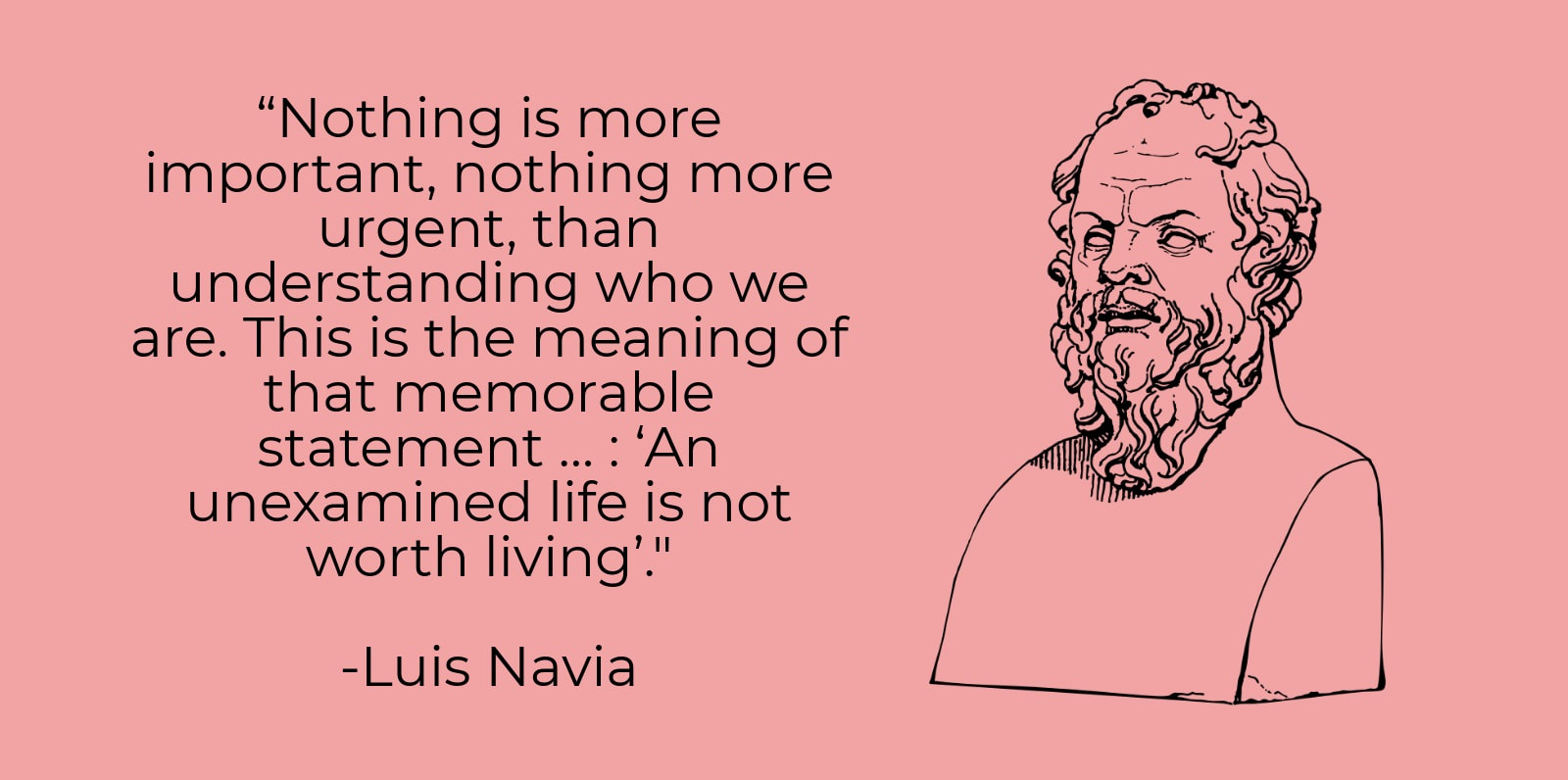Today's guest post about Socrates is contributed by my friend Winton Bates. Winton has a background in economics. He writes about the good society, psychology, philosophy, and other topics at his website Freedom and Flourishing:
When I started blogging, about a decade ago, I decided that the title of each article would be a question. As I saw it, the response to each question would lead to further questions. It also prompts me to reconsider whether I am answering the right question.
I have found it is not easy to ask questions that get to the heart of an issue if you don’t know much about it. I have often revised questions in the middle of writing an article as I have learned more about the subject matter.
A friend made the comment that the approach I had adopted on my blog was somewhat Socratic. I doubted whether that was so, but I knew little about Socrates. I decided that it was time I learned more about him.
Socrates seems to have been a gregarious man who went around Athens talking to all sorts of people and asking them philosophical questions. He was loved and admired by a small group of devoted friends. It seems likely that most Athenians viewed him as an eccentric figure and were indifferent to his philosophical preoccupations. However, a few influential citizens viewed him as “a dangerous man who would question and challenge the beliefs and practices of the state religion” and “pour contempt on long-established political practices and customs”. That led an Athenian jury to find him guilty of irreligiosity and to sentence him to death in 399 BC, when he was 71 years of age.
Are the views of Socrates relevant to us today? One view that seems highly relevant is the idea that it is possible to obtain wisdom on ethical questions. Socrates rejected the relativism of the Sophists - teachers of rhetoric and public relations - who believed that ethical values were meaningless. The Sophists apparently believed that it is impossible to determine what is good or bad, right or wrong. I guess that Socrates would encourage us to view the core values of organisations – which often include integrity and similar concepts – as meaningful. He would discourage us from following the post-modern view that promises to adhere to such core values should be viewed as merely public relations exercises.
Socratic dialogue is also relevant to us today. For Socrates, the search for wisdom was based on the dictum “Know Thyself”. The point of departure of the dialogue was Socrates’ confession of ignorance about the correct definition of a moral state or mode of behaviour and his request to a companion to explain the concept. The explanation led to further questions, which uncovered inconsistencies in the view originally expressed. It was common for the discussion to end inconclusively, leaving the companion confused, but perhaps stimulated to think more deeply.
Luis Navia suggests that for Socrates the rigorously methodic and painfully honest examination of the things we say brings to light the thoughts that ultimately structure who we are. He suggests that Socrates’ goal was the unveiling of the human soul:
“Nothing is more important, nothing more urgent, than understanding who we are. This is the meaning of that memorable statement … : ‘An unexamined life is not worth living’."
I have also consulted a book by Richard Paul and Linda Elder entitled The Thinker's Guide to the Art of Socratic Questioning, to obtain a contemporary view of this topic. The book is full of questions that might be useful to teachers and other leaders of group discussions. The authors suggest that as well as serving the purpose of helping students to distinguish what they know and understand from what they don’t know and understand Socratic questioning can “ help students acquire the powerful tools of Socratic dialogue, so that they can use these tools in everyday life (in questioning themselves and others)”.
The authors identify four directions in which we can pursue questions about a belief:
- How did you come to believe that?
- What reasons, evidence or assumptions underlie that belief?
- What are the implications of that belief?
- What opposing thoughts or objections would others raise, and how would you respond to them?
If we practice disciplined, self-directed questioning we have potential to be able to cultivate the “inner voice of reason”. This has potential to help us in many aspects of life, including blogging.
So, has the approach I have adopted on my blog been “somewhat Socratic”? The main Socratic element has been the initial question, which is the title of each article. It might be a good idea to make the blog somewhat more Socratic by making some future post specifically about question/problem definition. For example: What are the underlying questions that need to be considered to come to grips with issue X, Y or Z?
Perhaps this post has raised more questions than it has answered. What important questions have I left unanswered?
~
Read Next:
How to Get Rid of the Need to Be Right
How Can We Overcome Our Biases
The 10 Best Philosophy Books For Beginners










